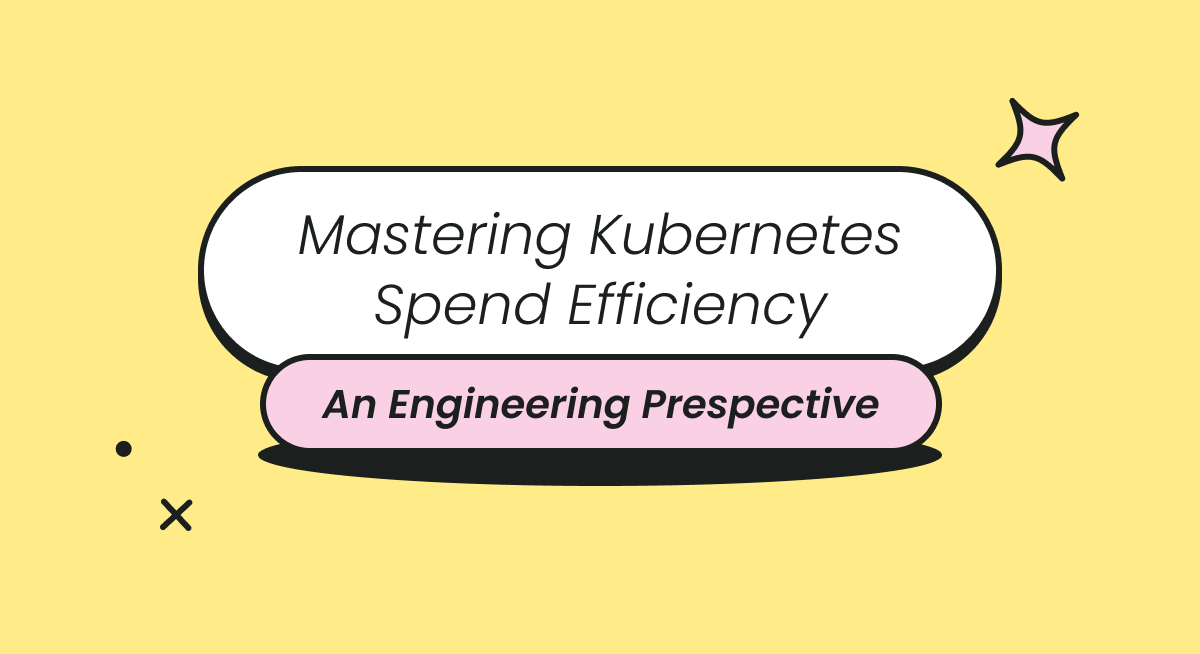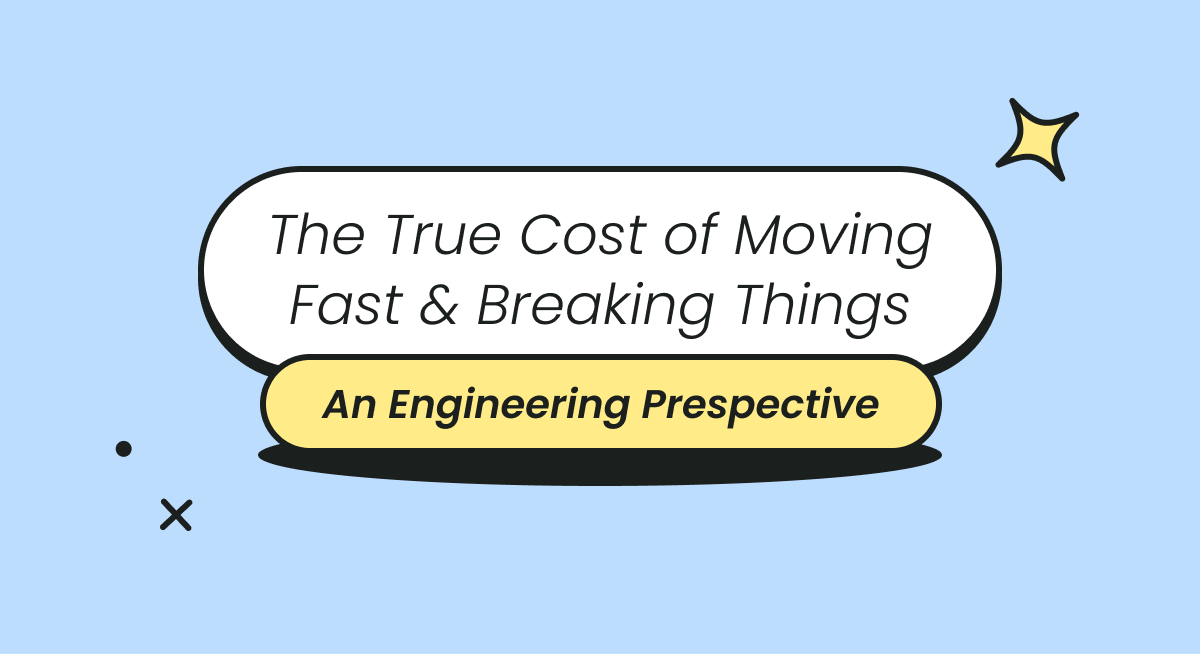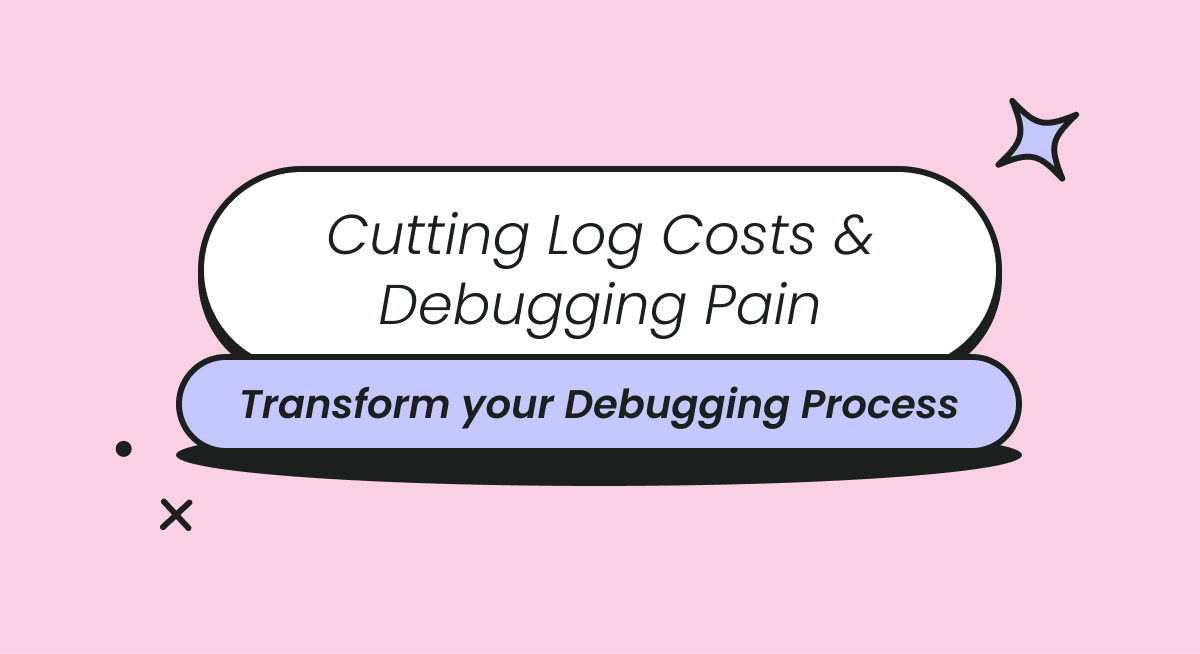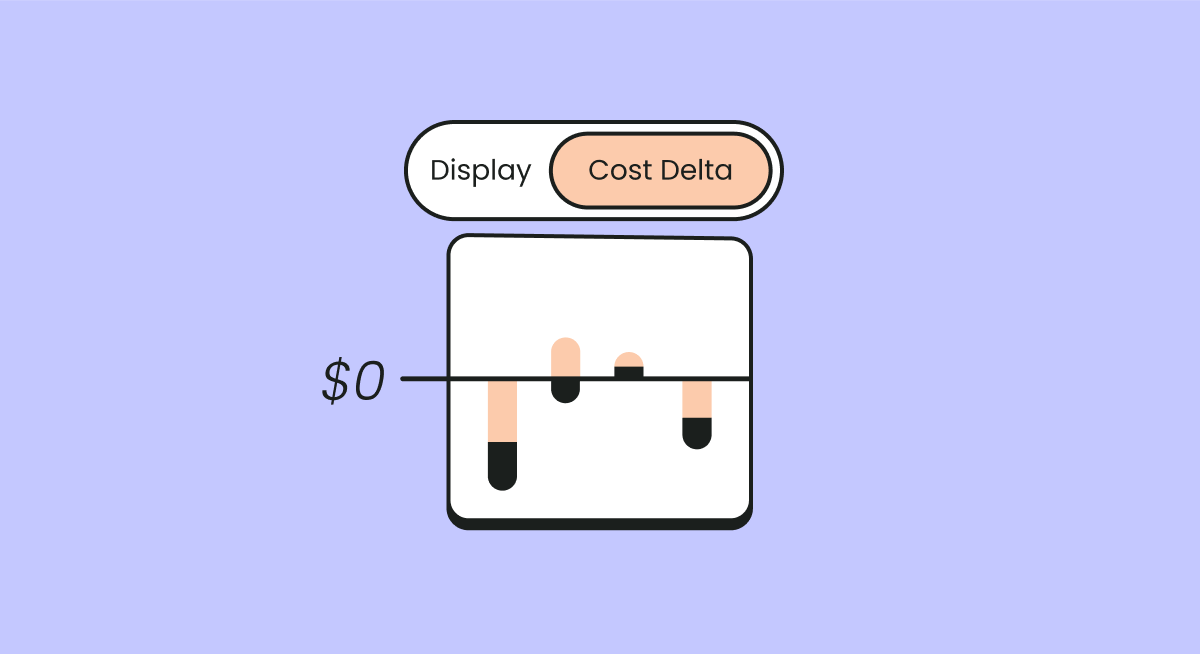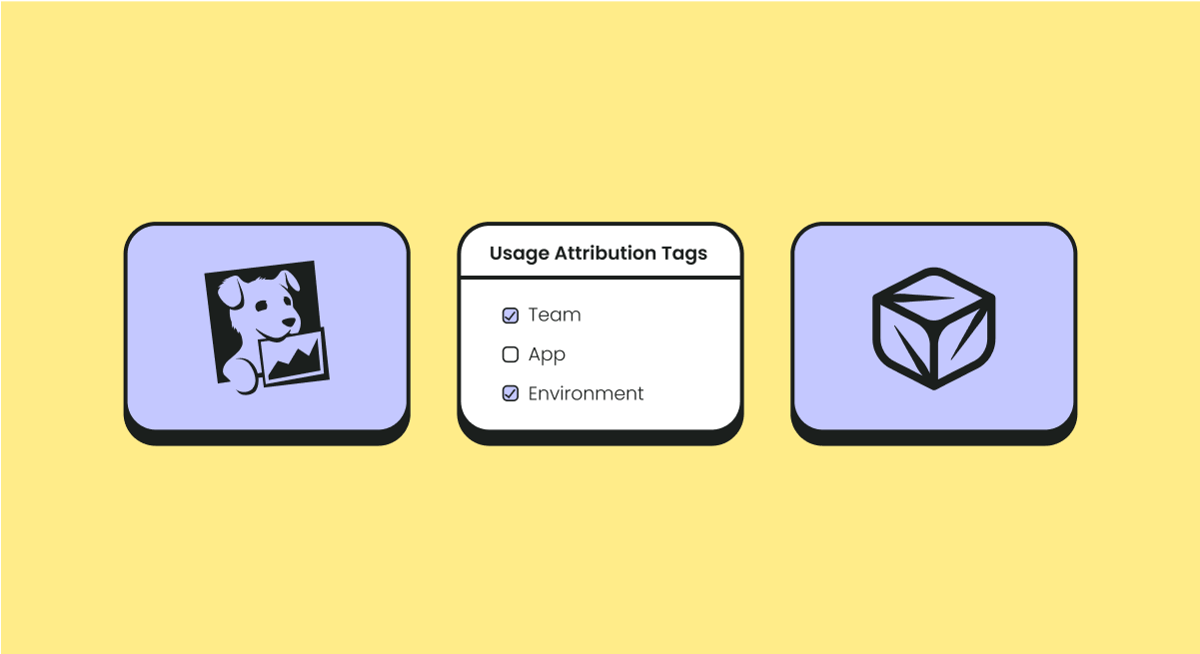
As the demand for artificial intelligence (AI) continues to rise, so does the need for effective cost management in cloud environments. In this blog post, we'll explore how leveraging FinOps can help organizations effectively manage their AI cloud costs, ensuring that their investments are both efficient and aligned with their business objectives.
Understanding FinOps and Its Role in Cloud Cost Management
FinOps, short for Financial Operations, is a methodology that focuses on managing cloud costs efficiently. It combines financial management practices with cloud technologies to optimize spending and ensure cost-effectiveness.
The role of FinOps in cloud cost management is to provide businesses with the tools and strategies to monitor, analyze, and control their cloud expenses. By leveraging FinOps, organizations can gain better visibility into their costs, identify areas of overspending, and make data-driven decisions to optimize their cloud usage.
With the increasing adoption of AI in the cloud, managing AI costs has become a significant challenge for businesses. FinOps plays a crucial role in addressing these challenges by providing insights into AI-specific cost drivers and enabling organizations to optimize their AI workloads.
Challenges of Managing AI Costs in the Cloud
Managing AI costs in the cloud comes with its own set of challenges. AI workloads can be resource-intensive and require significant computing power, resulting in high costs. Additionally, the dynamic nature of AI workloads makes it difficult to predict and control expenses.
Another challenge is the complexity of AI deployments, which often involve multiple cloud services, data storage, and data transfer costs. These costs can quickly add up and impact the overall budget if not managed effectively.
Furthermore, optimizing AI costs requires a deep understanding of AI algorithms and models, as well as the ability to identify cost-saving opportunities without compromising performance or accuracy.
Implementing FinOps Strategies for Cost Optimization
To effectively manage AI costs in the cloud, organizations can implement FinOps strategies for cost optimization. These strategies involve the following:
- Establishing clear cost allocation and tagging mechanisms to track AI expenses accurately.
- Utilizing cloud cost management tools and platforms that provide real-time insights into AI spending.
- Implementing automated scaling and resource allocation techniques to optimize AI workloads based on demand.
- Regularly monitoring and analyzing AI usage patterns to identify areas of inefficiency or overspending.
- Collaborating between finance, IT, and data science teams to align AI costs with business objectives and priorities.
By implementing these FinOps strategies, organizations can effectively manage and optimize their AI costs in the cloud.
Tools and Technologies to Support FinOps Practices
Several tools and technologies can support FinOps practices in managing AI costs in the cloud. These include:
- Cloud cost management platforms: These platforms provide real-time visibility into cloud spending, cost allocation, and budget tracking.
- Resource optimization tools: These tools enable organizations to optimize resource allocation for AI workloads, ensuring cost-efficiency without sacrificing performance.
- AI-specific cost analysis tools: These tools help organizations analyze the cost drivers of their AI workloads, identify areas of overspending, and optimize their AI deployments.
- Cloud service providers' cost management tools: Major cloud service providers offer their own cost management tools and services, which can be leveraged to monitor and optimize AI costs.
By leveraging these tools and technologies, organizations can effectively implement FinOps practices and optimize their AI costs in the cloud.
Best Practices for Leveraging FinOps in AI Cloud Environments
To maximize the benefits of FinOps in AI cloud environments, organizations can follow these best practices:
- Establish a FinOps team: Create a dedicated team responsible for managing AI costs and implementing FinOps practices.
- Foster collaboration between finance and IT teams: Encourage regular communication and collaboration between finance and IT teams to align AI costs with business objectives.
- Continuously monitor and optimize AI workloads: Regularly monitor AI workloads, utilization, and performance to identify opportunities for optimization.
- Implement cost governance policies: Define policies and guidelines for AI cost management, including budget limits, resource allocation rules, and approval processes.
- Leverage cloud provider tools and services: Take advantage of the cost management tools and services offered by cloud providers to gain better visibility and control over AI costs.
By following these best practices, organizations can effectively leverage FinOps in AI cloud environments and optimize their costs.
Finout's Holistic FinOps Solution for Cost Management
Finout is a holistic FinOps platform designed to manage cloud costs, encompassing the expenses of AI and other cloud-based services. It offers a broad range of features tailored for optimizing overall cloud cost management.
The platform provides real-time visibility into cloud spending, enabling organizations to track and analyze their costs effectively. With Finout, businesses can identify areas of overspending and implement strategies to refine their cloud usage, ensuring efficient investments across all cloud services, including AI.
A key strength of Finout is its ability to deliver detailed insights into resource allocation for cloud workloads. This helps organizations ensure that resources are used efficiently, reducing waste and minimizing costs without compromising performance. Additionally, Finout promotes collaboration among finance, IT, and data teams, fostering a cohesive approach to managing cloud costs.
Finout seamlessly integrates with all cloud services and providers, providing a unified platform for monitoring and optimizing expenses across various cloud services, simplifying the cost management process.
By leveraging Finout as a comprehensive FinOps platform, businesses can effectively manage their cloud costs, including AI expenses, optimize spending, and achieve greater cost-effectiveness in their cloud operations.
Conclusion
In conclusion, as AI continues to transform businesses, managing its costs becomes crucial. FinOps offers a solution, optimizing cloud expenses while maintaining AI performance. By adopting FinOps practices and utilizing platforms like Finout, companies can ensure their AI investments are sustainable and aligned with their goals. The future of AI is not just about innovation but also about smart financial management.
